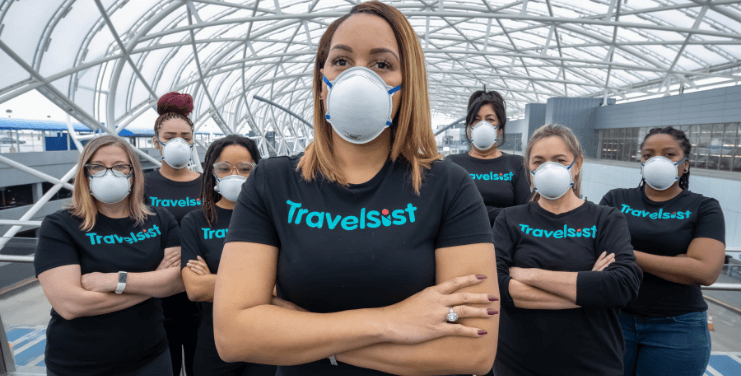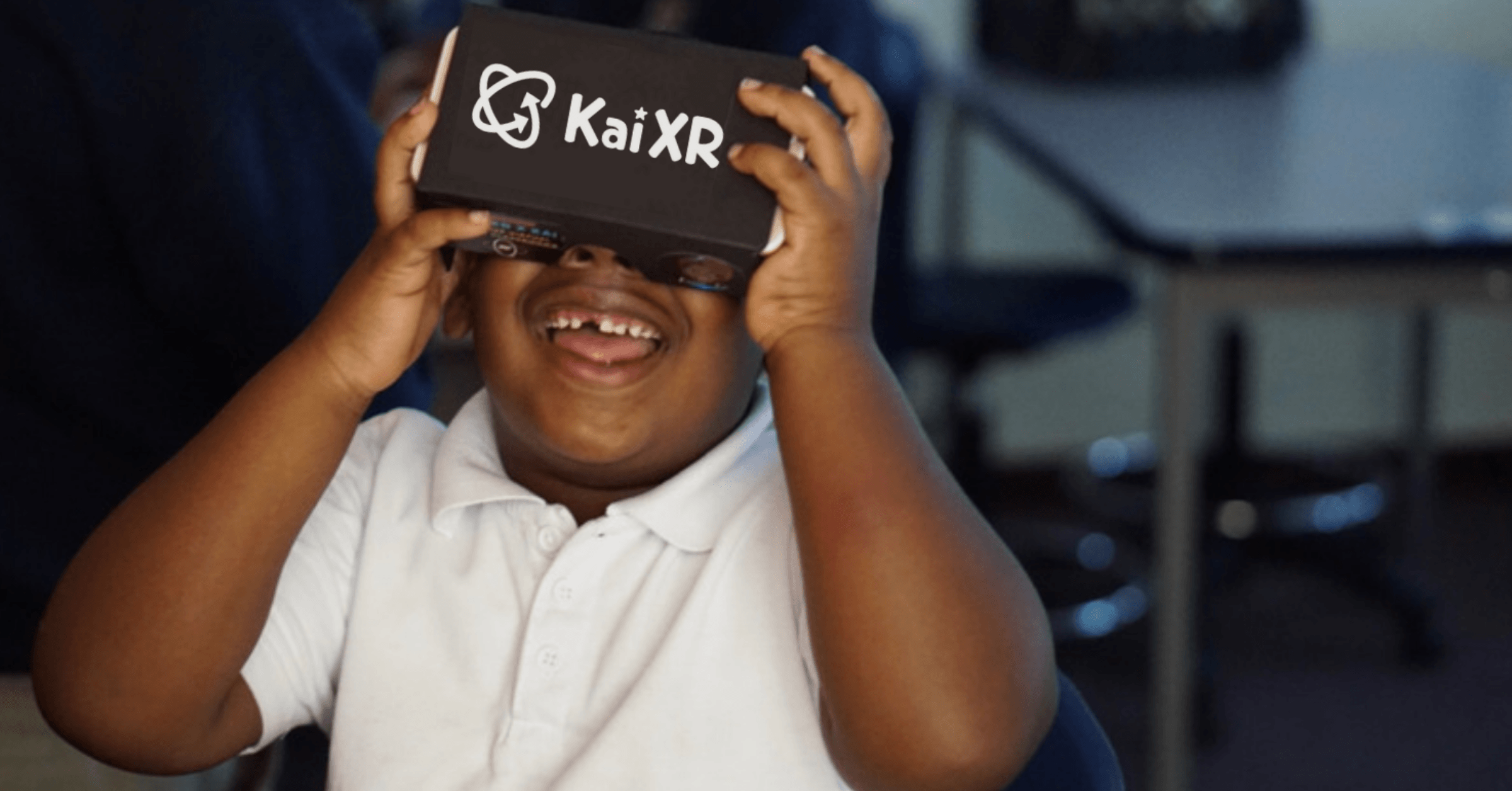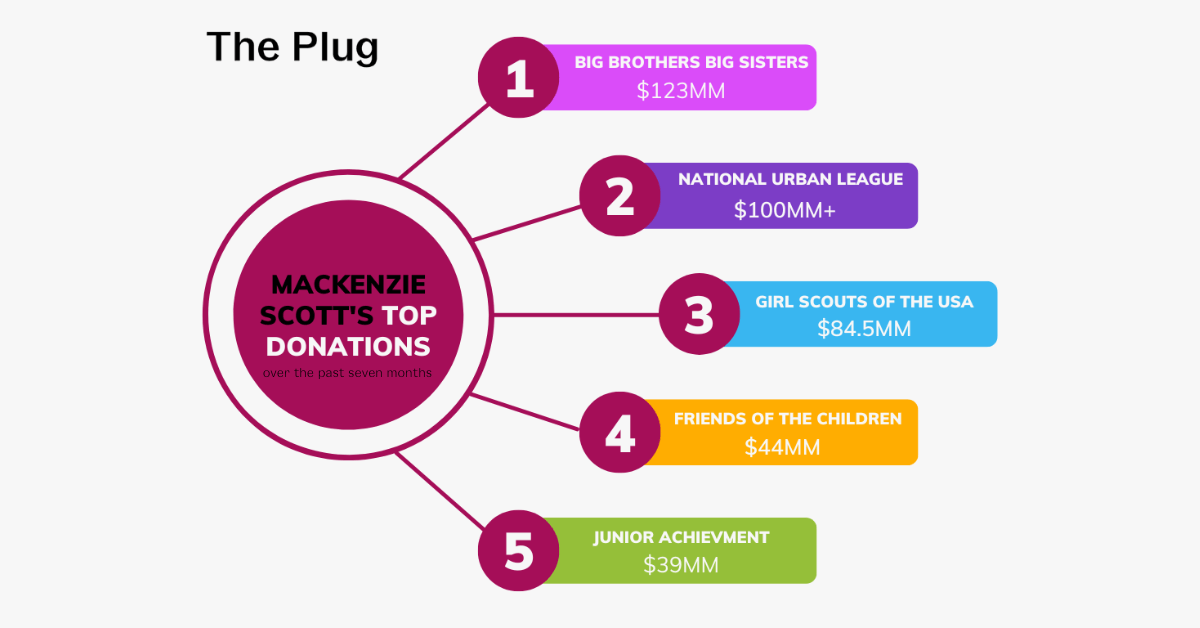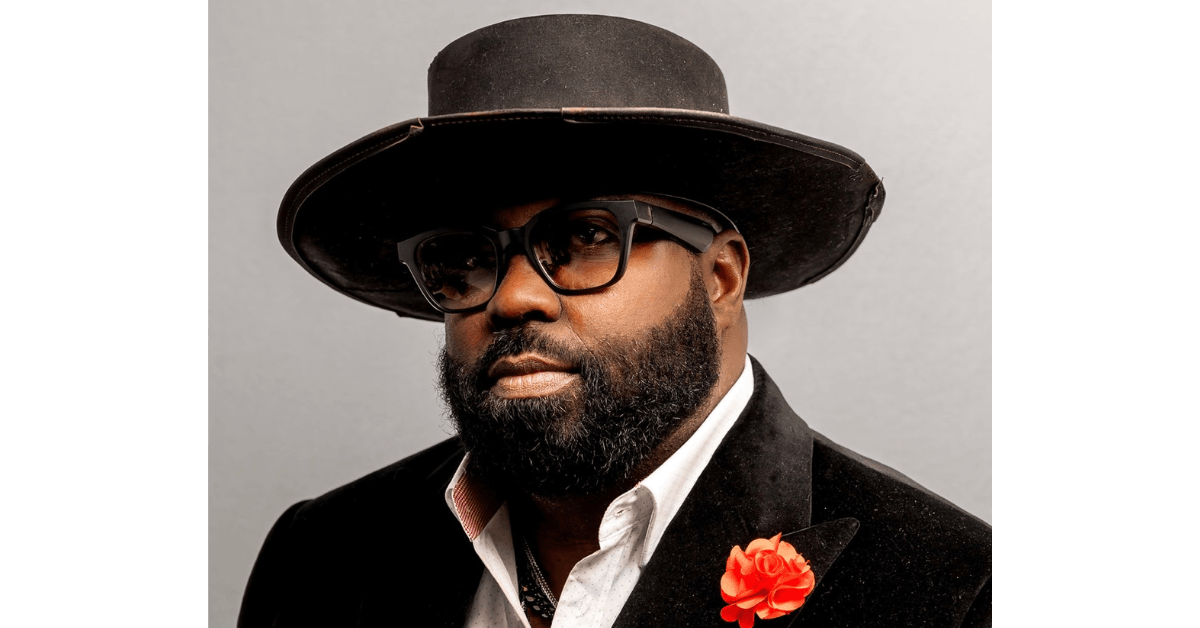KEY INSIGHTS
- Travelsist receives its first-ever VC investment from Fearless Fund.
- The travel industry is rebounding after the pandemic decimated it.
- Fearless Fund operates in a space where Black venture capitalists, especially Black women, are vastly underrepresented.
Fearless Fund, the venture capital firm started by Arian Simone, Keshia Knight Pulliam and Ayana Parsons to invest in women of color-led companies, has invested $250,000 in Travelsist, a company that aims to provide personal assistance services to air travelers.
The investment came as a surprise for Veronica Woodruff, flight attendant turned CEO and founder of Travelsist.
In December 2021, Woodruff participated in a virtual pitch competition Fearless Fund hosted, with the winner receiving $5,000. When Woodruff didn’t hear her name called for an award, she was disappointed. But then Arian Simone, General Partner and Co-Founder of the Fearless Fund, told Woodruff that they didn’t want to give her an award — they wanted to invest instead.
“It took a Black woman to step out and have faith and say, ‘We want to back you,’” Woodruff told The Plug. “I wouldn’t want any other person to say that but her, because that is community.”
It was Woodruff’s first-ever VC funding, who founded Travelsist in 2018. The company is now raising its pre-seed round, with a goal of $2 million by the end of the quarter.
Woodruff is planning to hire developers as the company builds its tech stack. Eventually, airports will be able to contract with Travelsist so passengers can request personal assistance services, Woodruff said, particularly passengers who need wheelchair assistance; elderly passengers who may just need a companion to navigate the airport; passengers with language barriers, including refugees; and passengers traveling with small children or pets.
The company is in talks with multiple U.S. airports and is looking to launch at three this year, according to Woodruff, with the possibility of international expansion in the future.
“Travelsist is perfectly positioned to capitalize on growing demand for personal on-demand services and the post-COVID air travel rebound,” Simone said in a statement.
Travel industry makes a return
Travelsist first went to market with baby gear rentals in March 2020, serving people who arrived at Atlanta’s Hartsfield-Jackson International Airport. But weeks later, the pandemic shut the country down and the travel industry was decimated.
In 2020, 398 million people flew through U.S. airports, down from more than one billion the year before, according to the Bureau of Transportation Statistics.
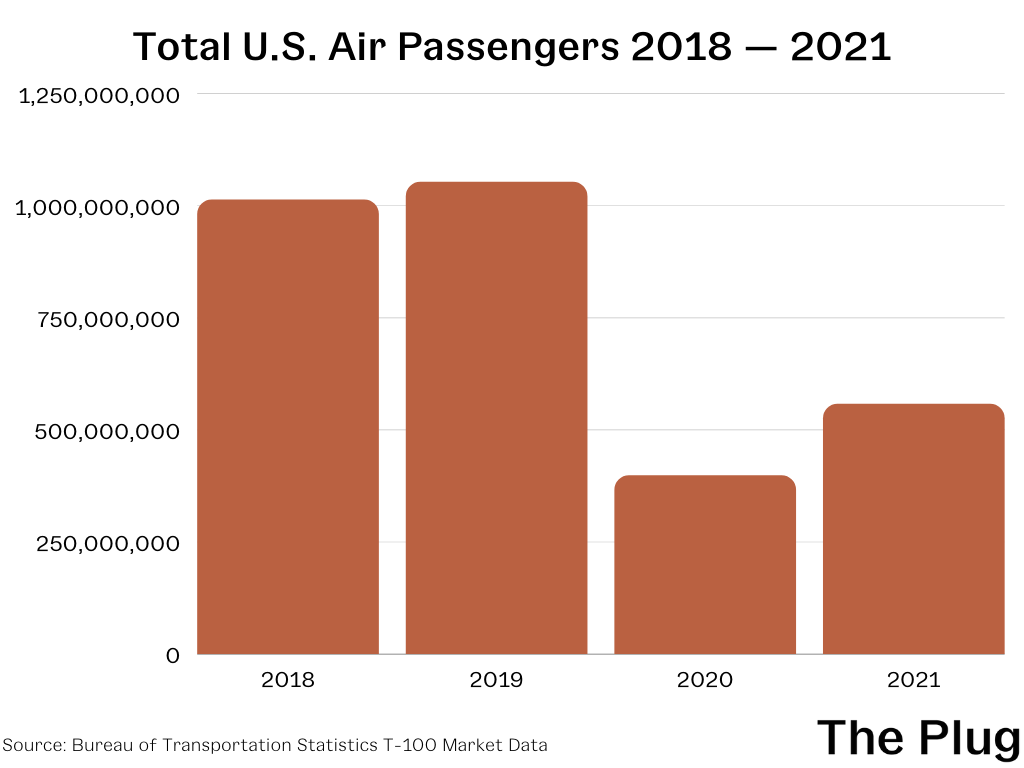
But as Covid vaccines have become widely available in the U.S., people have started traveling again, though not quite at pre-pandemic levels. In 2021, U.S. airports saw more than 557 million passengers.
So far in 2022, January is seeing more travelers than the year before. This past Sunday, January 23, 1.6 million travelers went through TSA checkpoints, nearly twice as many as the amount who traveled on the same date one year ago.
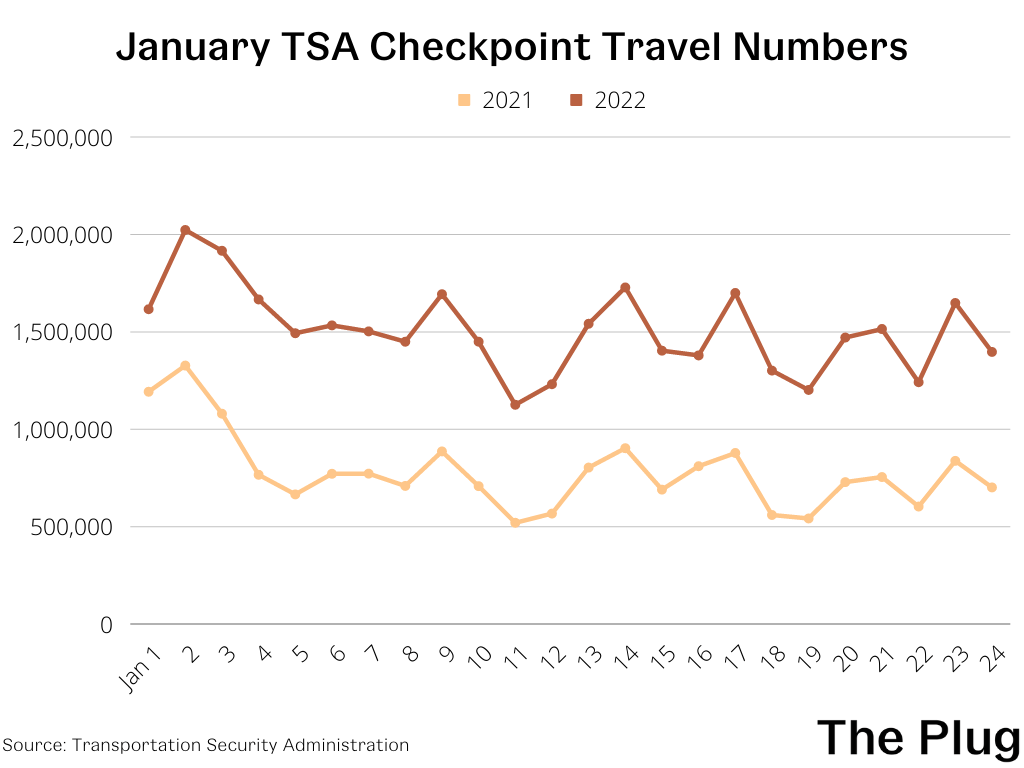
While the latest surge of cases due to Omicron led to a new spate of travel bans on eight southern African countries (which were subsequently lifted at the end of 2021), Woodruff is optimistic about the future of travel this year.
“People are itching to get to travel,” Woodruff said.
Funding Black women founders
For the Fearless Fund, Travelsist joins a portfolio that includes companies like Slutty Vegan, Capway and Streamlytics. The fund operates in a space where Black venture capitalists, especially Black women, are vastly underrepresented. Only three percent of investment partners at venture firms are Black, according to the 2021 VC Human Capital Survey.
Fearless Fund has raised more than $25 million, Simone told The Plug in August. The firm invests in early-stage women of color-led companies that are in the food and beverage or beauty and technology industries. The average investment is between $250,000 and $500,000 and they target five to 10 percent equity.
Between 2009 and 2017, only 0.0006 percent of VC funding went to businesses started by Black women, according to Project Diane.
During the first half of 2021, a record-breaking $147 billion in venture dollars was invested in U.S. startups. Of that money, only 1.2 percent, or $1.8 billion, went to Black founders. Further, only 0.34 percent of that funding went to Black women founders specifically, amounting to $494 million — just a $10 million lead on what Black women raised in all of 2020.
As Woodruff raises her pre-seed round, she will be entering the small percentage of Black women who get VC funding.
“The only way we’re going to scale is if we have support and some backing,” Woodruff said. “It needs to be money, not mentorship, but money.”

